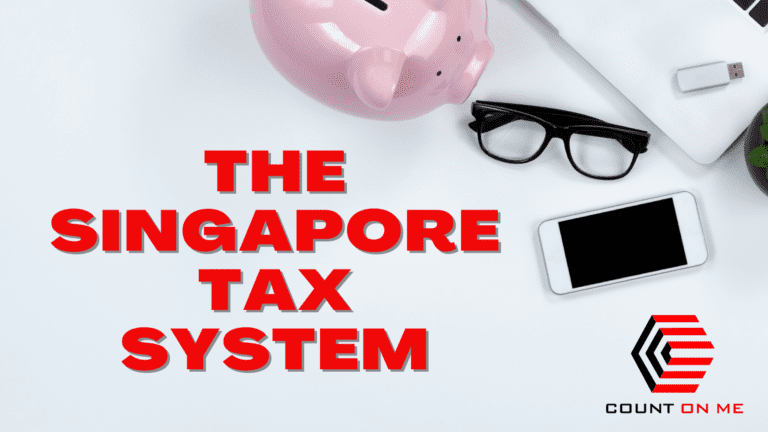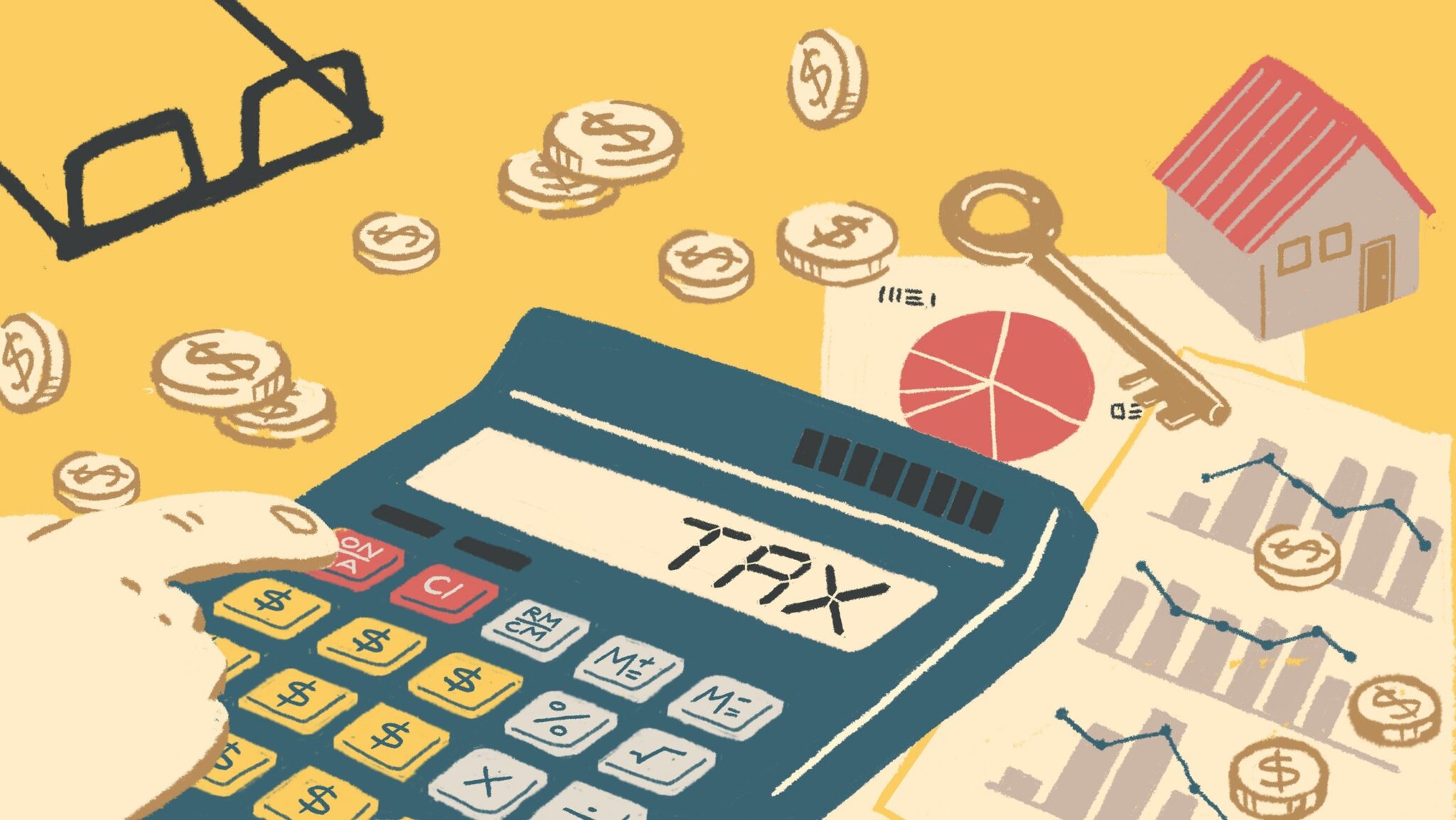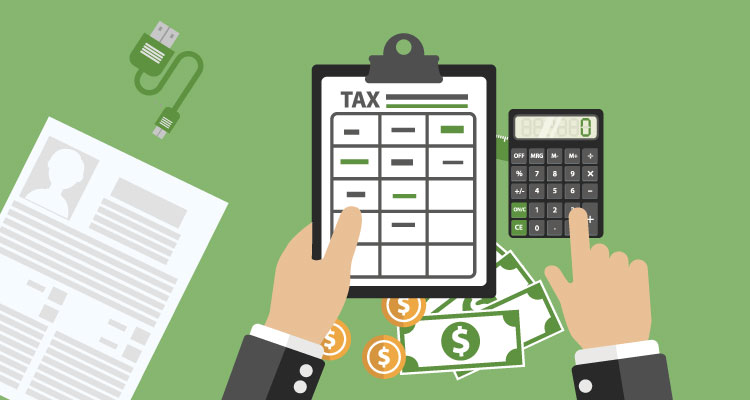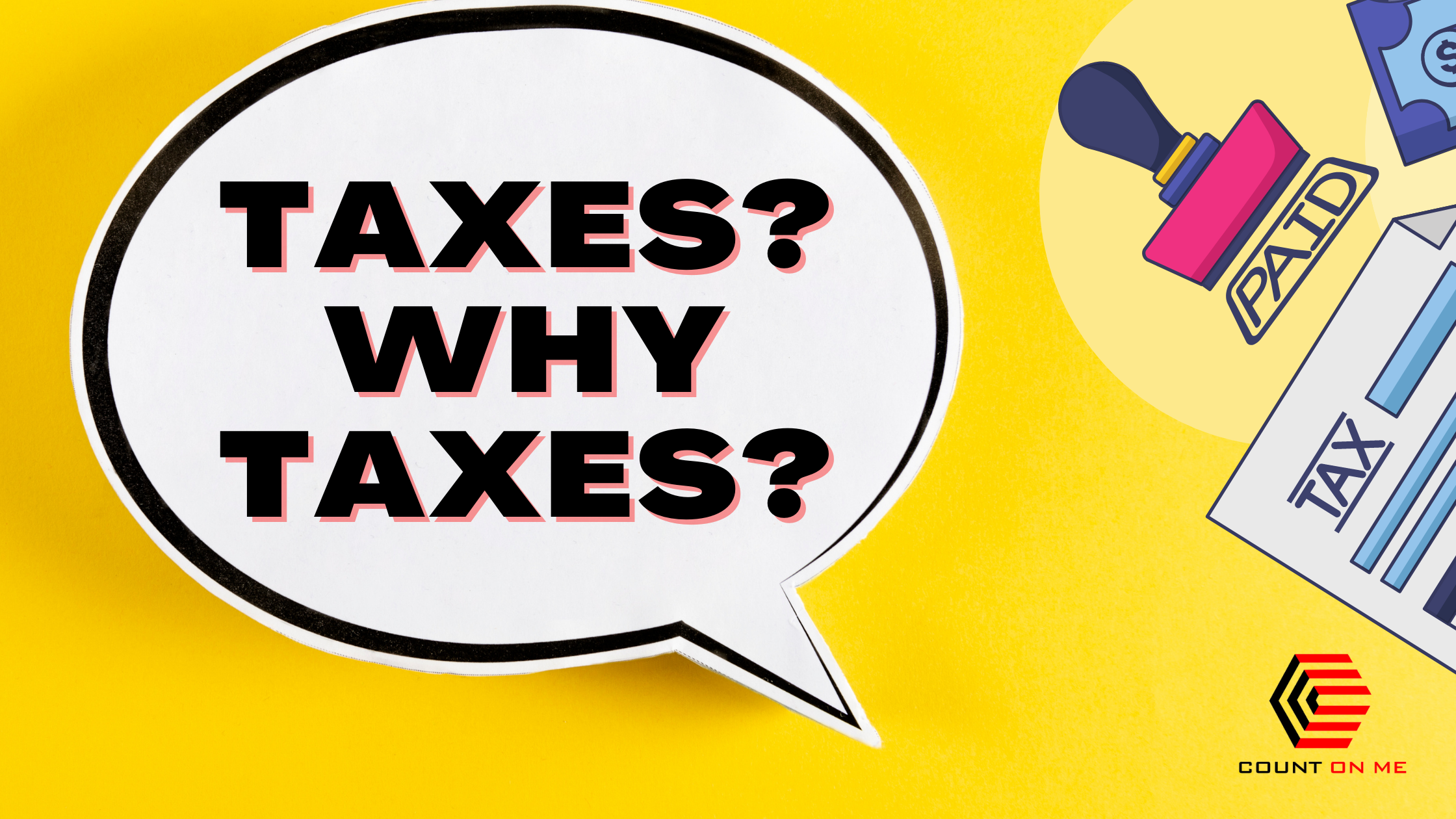Today, we will talk about every entrepreneur’s favourite topic: taxes!
Come on. We know that no one truly likes taxes. But for online sellers, particularly those doing cross border fulfilment, understanding the rules and fees that apply in Singapore and how the markets work is an important part of the selling process—and shows your audience that you are committed to conducting your business in a responsible way.
One of the biggest advantages of starting a new e-commerce business in Singapore is that Singapore has a great liberal tax system in place.
However, it can be quite a challenge for new business owners.
You need to understand how the Singapore tax regulation works.
The Singapore Tax System

The Singapore tax system involves taxed companies and individuals that operate on a Singapore-sourced income. If a company owns, operates, and receives income from a branch that is located outside of Singapore, those profits are considered to be foreign-sourced income.
It is important to note that the company will only be subjected to tax if the foreign-sourced income is remitted to Singapore. However, the same income will not be taxed if it has already been subjected to a tax rate of at least 15%. Keep in mind that the company has to be a Singapore tax resident.
The Singapore tax system works a little different when it is applied to e-commerce businesses in Singapore. To determine the source of income, it is important for you as a business owner to understand the nature of your profits, as well as the kind of transactions that contribute to those profits.
The Benefits Of Having an E-Commerce Business in Singapore
To support local enterprises and promote entrepreneurship, the Singapore government has implemented some great tax benefits and rebates for new businesses. Learn more about the Tax Exemption Scheme for new start-up businesses.
Difference between Goods and Service Tax VS Income Tax
Goods and Service Tax (GST)

The Goods and Service Tax (GST) is also known as VAT in other countries. It represents an indirect consumption tax that is charged on the supply of both goods and services in Singapore, as well as any other goods that have been imported into Singapore.
This tax is also applied to the selling price of the goods and services.
The current GST rate stands at 7%. Your company will have to be registered once you reach a taxable revenue t(exceeding S$1 million in the next 12 months).
Income Tax

Income tax is a tax that is chargeable on the income that has been earned by both companies and individuals during the financial year. Since Singapore has a one-tier corporate tax system in place, every company has to pay a tax based on the amount of revenue that it earns.
Corporate Tax Rates For E-Commerce Transactions
Unlike physical stores where goods and services can be easily taxed, e-commerce businesses work differently because e-commerce transactions do not have any borders and can involve different multiple parties.
Thus, corporate tax rate for e-commerce transactions depends on whether the trading takes place in Singapore or not.

Sources Of Taxation
To know the corporate tax rate for an e-commerce transaction, you have to consider the following:
- The place of contract
- The place of operations for e-commerce transactions
- The location of the labour employed
- The location of the capital that has been invested
- The location of the goods that have been manufactured
- The location of the goods that have been stored
- The location of payment for any expenses that have been incurred
- The location of the sale proceeds that have been received
How will your Company be Charged for Tax?
Since the source of income can vary from company to company in Singapore, the authorities have prepared a list of some of the most common scenarios for Singapore-based e-commerce businesses:
- Scenario 1: If both your business and your official business e-commerce site operate in Singapore, you will be subjected to tax.
- Scenario 2: If your business operates in Singapore, but your official e-commerce site is based in a foreign country, you will be subjected to tax.
- Scenario 3: If your business operates in Singapore, but both your official e-commerce site and your branch are set up in a foreign country, your income will not be subjected to tax unless it is remitted back to Singapore.
- Scenario 4: If your business operates in a foreign country, but your official e-commerce site is set up in Singapore, your income will not be subjected to tax.
- Scenario 5: If your business operates in a foreign country, but both your official e-commerce site and your branch are set up in Singapore, your income will be taxable.
What is Considered as Taxable in Singapore?
For Company
Singapore-based companies are only taxable if both the control and the management of the business activities are performed in Singapore. If a company is based overseas and there is no proof of tax paid overseas, the IRAS may ask the company whether or not the income has already been taxed.
For Individuals
Both locals and Permanent Residents must pay tax in Singapore. If a foreigner lives in Singapore for more than 183 days, then the individual must pay tax as well.
For Branches & Offices
If an e-transaction takes place in a branch or office located in Singapore, the income from that transaction will be taxable.
For Website
If the company website is used to enhance customer service such as handling customers’ queries and uploading product information, then the website will not be subjected to tax in Singapore. However, if the website involves handling transactions, it will be taxable in Singapore.
Filing GST Returns? How?

You can file GST returns by submitting a GST F5 tax return to the IRAS. You should always submit your GST return within one month from the end of your accounting period.


